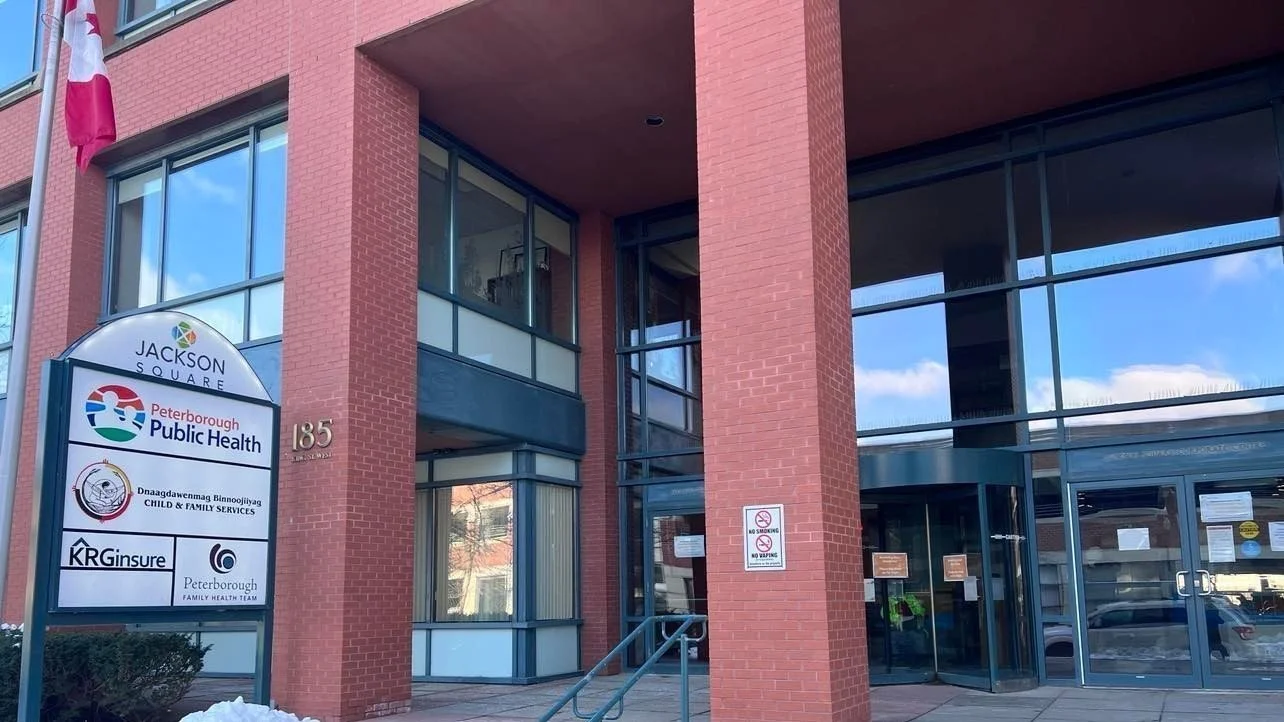Peterborough Public Health Provides Tips to Protect Yourself From Cold Weather
/Peterborough Public Health (PPH) has again activated its Extreme Cold Response Plan (ECRP) for the region and have provided tips to stay warm during the cold temperatures.
A normal body temperature is approximately 37°C; changes of even one or two degrees to a core body temperature can increase a person’s risk of harm. Photo by David Tuan Bui.
The ECRP mandates that PPH monitor temperatures and notify residents how to protect themselves when the temperature or wind chill reach temperatures that could cause negative health impacts according to PPH.
When it is activated, alerts will be shared on PPH’s social media, through media outlets, and with partner agencies.
While extreme cold can put everyone at risk, health risks are greatest for the following individuals:
people experiencing homelessness
older adults
children, especially infants and young children
people taking certain medications
people with certain health conditions (e.g., respiratory, cardiac, mental illness, mobility limitations)
people who live in homes that are poorly insulated, without heat/power
people who are active outdoors (e.g., outdoor workers, winter sport enthusiasts)
Residents are reminded to protect themselves and those in their care from extreme cold by:
seeking shelter when the temperatures drop or there is a wind chill
always wearing clothing appropriate for the weather
dressing in layers, with a wind-resistant outer layer
wearing warm socks, hat, gloves, and scarf
changing into dry clothing as soon as possible, if you get wet
paying attention to weather alerts, including wind chill alerts
knowing their own risk factors, such as certain medical conditions

















